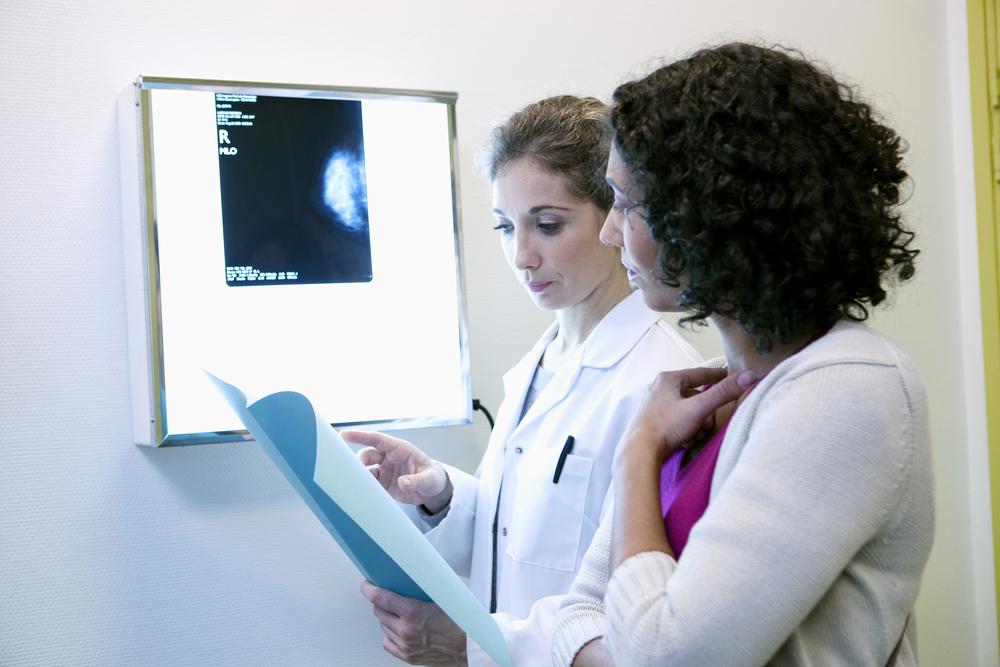Comprehensive Guide to Ectopic Pregnancy: Recognizing Symptoms and Understanding Causes
Ectopic pregnancy is a serious reproductive health concern where a fertilized egg implants outside the uterus. Recognizing early symptoms like abdominal pain, vaginal bleeding, and signs of shock is crucial for timely treatment. Factors such as fallopian tube damage, infections, and prior pregnancies increase risk. This comprehensive guide explains the causes, symptoms, and necessary precautions to ensure early detection and prevent complications, helping women safeguard their health during pregnancy.

Understanding Ectopic Pregnancy: Important Symptoms and Underlying Causes
An ectopic pregnancy is a serious medical condition that occurs when a fertilized egg implants outside the typical location within the uterus. Most commonly, implantation takes place within the fallopian tubes, but in some cases, it can occur in the ovaries, cervix, abdominal cavity, or in areas with previous surgical scars such as C-section scars. This condition is a significant reproductive health concern because it cannot result in a viable pregnancy and poses serious health risks to the woman if not diagnosed promptly. Statistically, approximately 2% of all pregnancies are ectopic, making early recognition and intervention vital.
While early symptoms of ectopic pregnancy can sometimes resemble those of a normal pregnancy, they often have subtle differences that require careful attention. Recognizing these symptoms early can be lifesaving, as untreated ectopic pregnancies can lead to severe internal bleeding and other complications. The key is understanding the signs and risk factors to seek medical care promptly.
Initial symptoms of ectopic pregnancy often mirror those experienced in normal early pregnancy, which can sometimes cause confusion or delay in diagnosis. Typical early signs include:
Missed or delayed periods
Breast tenderness and swelling
Persistent fatigue
Nausea or vomiting
Frequent urination
However, specific symptoms that warrant immediate medical attention include:
Vaginal bleeding that deviates from normal pregnancy spotting
Pelvic or abdominal pain, especially around 6 to 8 weeks after a missed period
As the condition progresses without treatment, symptoms can become more severe and alarming:
Signs of shock such as dizziness, fainting, rapid heartbeat, and sudden increase in blood pressure
Sharp, persistent abdominal or pelvic pain, which may radiate to the shoulder or neck due to internal bleeding
Heavy vaginal bleeding that looks different from normal menstrual flow
Pain during intercourse
Weakness, dizziness, or fainting caused by internal bleeding; in some cases, shoulder pain may appear due to diaphragmatic irritation by blood in the abdominal cavity
These symptoms often mimic miscarriage signs, making timely diagnosis crucial. Women experiencing these symptoms should seek urgent medical evaluation to confirm the diagnosis and begin appropriate treatment.
Understanding what causes ectopic pregnancy is essential for prevention and risk assessment. After fertilization, the egg normally travels through the fallopian tube and implants in the uterine lining. However, if the fallopian tube is damaged, inflamed, or blocked, the fertilized egg may implant outside the uterus, leading to an ectopic pregnancy. Other rare sites of implantation include the ovary, cervix, or abdominal cavity, especially in women with prior pelvic surgeries.
What Are the Main Risk Factors?
History of Ectopic Pregnancy: Having had a previous ectopic pregnancy increases the likelihood of recurrence in subsequent pregnancies.
Fallopian Tube Damage or Infection: Infections such as gonorrhea and chlamydia often cause inflammation and scarring of the fallopian tubes, hindering the egg's passage.
Fertility Treatments: The use of certain ovulation-stimulating medications or assisted reproductive technologies can slightly elevate risks, particularly if underlying tubal damage exists.
Anatomical Abnormalities: Congenital or acquired structural issues in the fallopian tubes, often resulting from prior surgeries or infections, predispose women to ectopic pregnancies.
Contraceptive Methods: Although less common, some contraceptive methods such as intrauterine devices (IUDs) and tubal ligation may have associations with increased ectopic pregnancy risks if pregnancy occurs despite contraception.
Understanding these risk factors can help women and healthcare providers take preventive measures and remain vigilant for symptoms that warrant prompt evaluation.
In summary, recognizing the symptoms and understanding the causes of ectopic pregnancy are critical components of reproductive health management. Early diagnosis and treatment are essential to prevent life-threatening complications and preserve future fertility. If you experience any signs indicative of an ectopic pregnancy, especially around the time of a missed period or early pregnancy, seek emergency medical care immediately.





